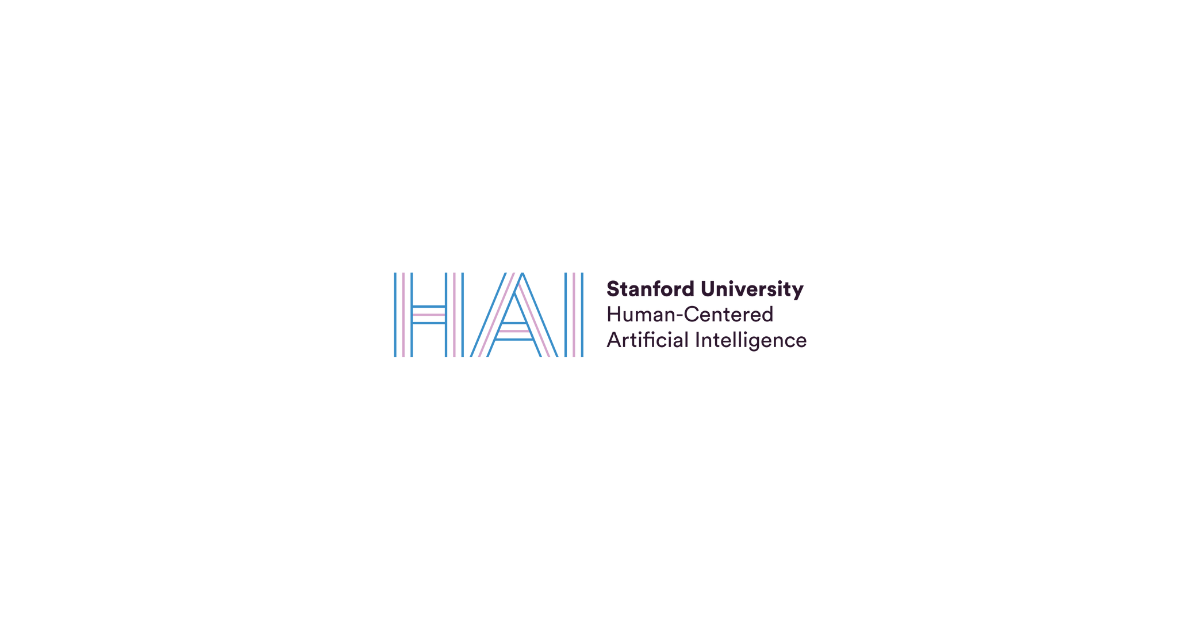Stanford HAI's 2025 AI Index Highlights Record Growth in AI

The Stanford Institute for Human-Centered AI (HAI) has released its 2025 AI Index report, which provides a comprehensive overview of the global state of artificial intelligence. Announced in a press release, the report highlights record growth in AI capabilities, investment, and regulation.
The report notes that the U.S. continues to lead in AI model development, although China is rapidly closing the performance gap. In 2024, U.S. institutions produced 40 notable AI models, while China produced 15. Despite the U.S. maintaining its lead in quantity, Chinese models have significantly improved in quality, achieving near parity on major benchmarks.
AI adoption is accelerating across various sectors, with 78% of organizations reporting AI usage in 2024, up from 55% the previous year. The report also highlights a sharp increase in private AI investment, with the U.S. investing $109.1 billion in 2024, significantly outpacing China and the U.K.
The 2025 AI Index also underscores ongoing challenges in reasoning, safety, and equitable access, as AI systems become more advanced and widely deployed. The report serves as a vital resource for policymakers, researchers, and the public to understand AI's rapid evolution and its implications for society.
We hope you enjoyed this article.
Consider subscribing to one of our newsletters like AI Policy Brief or Daily AI Brief.
Also, consider following us on social media:
More from: Regulation
Subscribe to AI Policy Brief
Weekly report on AI regulations, safety standards, government policies, and compliance requirements worldwide.
Whitepaper
Stanford HAI’s 2025 AI Index Reveals Record Growth in AI Capabilities, Investment, and Regulation
The 2025 AI Index by Stanford HAI provides a comprehensive overview of the global state of artificial intelligence, highlighting significant advancements in AI capabilities, investment, and regulation. The report details improvements in AI performance, increased adoption in various sectors, and the growing global optimism towards AI, despite ongoing challenges in reasoning and trust. It serves as a critical resource for policymakers, researchers, and industry leaders to understand AI's rapid evolution and its implications.
Read more
